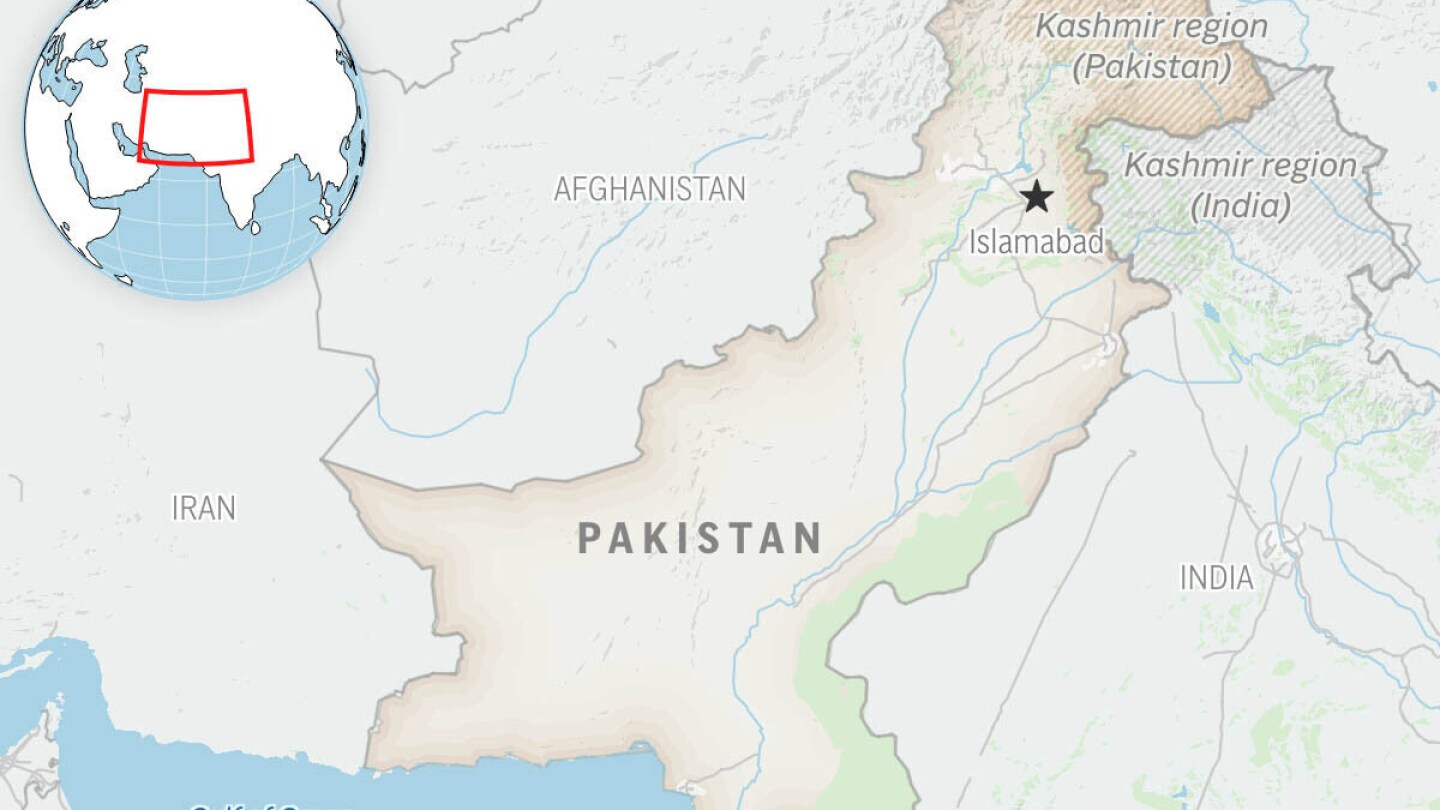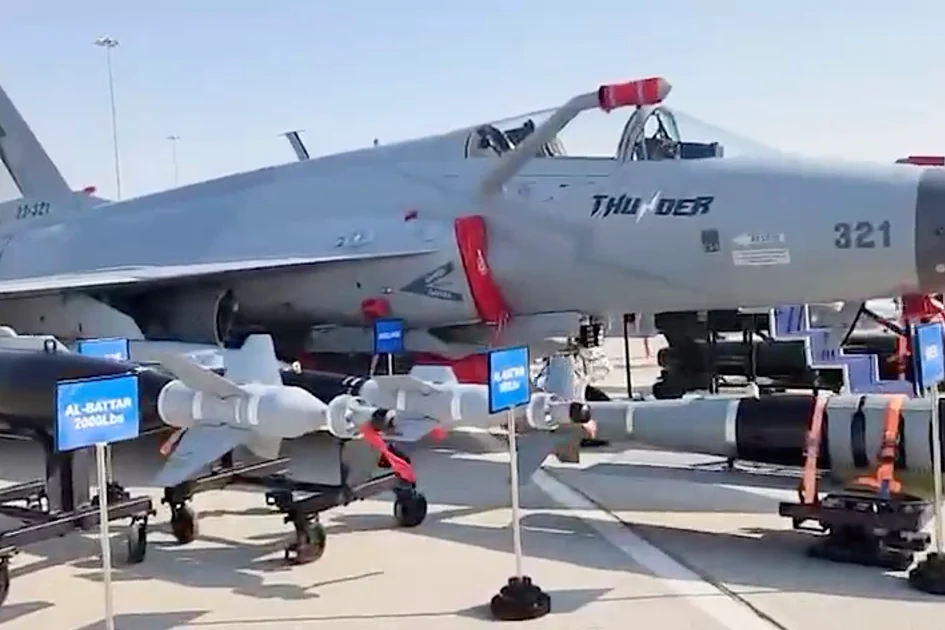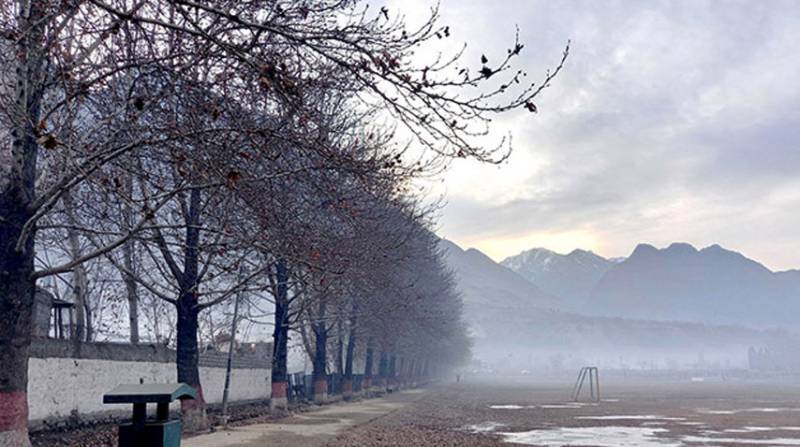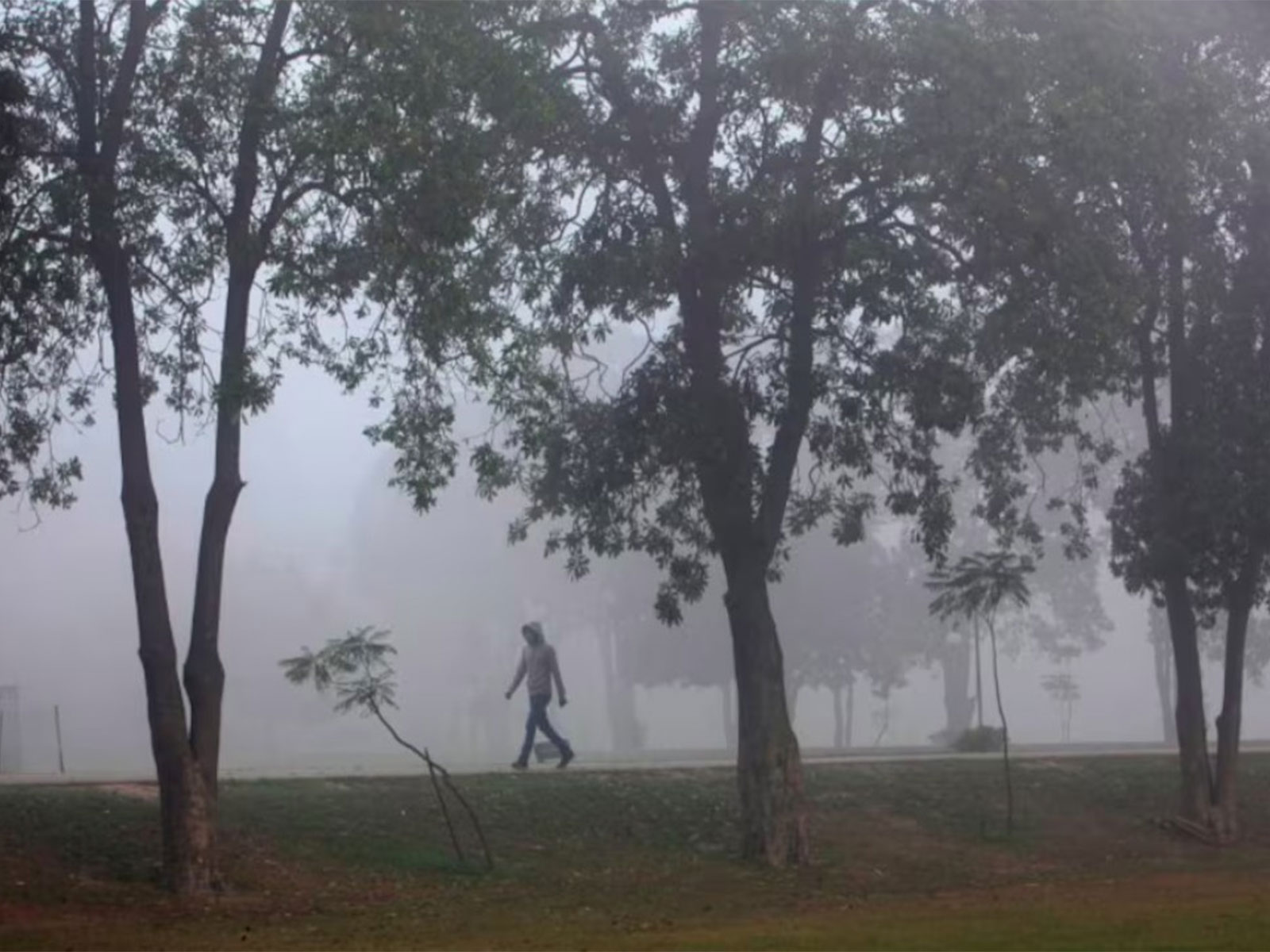- FCC chief justice hopes court will stand as ‘guardian of constitutionalism, enduring symbol of justice’ Dawn
- Constitutional Court CJ Aminuddin vows transparency, protection of rights samaa tv
- FCCI hails appointment of Justice Ameen-ud-Din as…
Category: 1. Pakistan
-
FCC chief justice hopes court will stand as ‘guardian of constitutionalism, enduring symbol of justice’ – Dawn
-

Boiler explosion at factory kills 15 workers in eastern Pakistan
LAHORE, Pakistan (AP) — A boiler at a glue-making factory in eastern Pakistan exploded on Friday, killing at least 15 workers and injuring seven others, police said.
The explosion took place at the…
Continue Reading
-
Pakistan, Netherlands pledge to advance citizen welfare, equality – RADIO PAKISTAN
- Pakistan, Netherlands pledge to advance citizen welfare, equality RADIO PAKISTAN
- Ambassador of the Netherlands Robert-Jan Siegert calls on Federal Minister for Human Rights, Senator Azam Nazeer Tarar to discuss ongoing cooperation and human…
Continue Reading
-
Afridi pens letter to Maryam over manhandling of Imran’s sisters, denial of his visitation rights – Dawn
- Afridi pens letter to Maryam over manhandling of Imran’s sisters, denial of his visitation rights Dawn
- ECP takes notice of K-P CM’s remarks The Express Tribune
- State institutions ‘fail’ to perform constitutional duties: KP CM The News…
Continue Reading
-

Earthquake of magnitude 5.2 jolts Pakistan; more tremors recorded this week
An earthquake of magnitude 5.2 struck Pakistan in the early hours of Friday, according to the National Centre for Seismology (NCS). The agency said the quake occurred at a depth of 135 kilometres, with tremors recorded at 03:09:12 IST.In a post…
Continue Reading
-

Dubai Airshow 2025: Pakistan to sell JF-17 Thunder fighter jets to ‘friendly country’
Pakistan signed a memorandum of understanding (MoU) with a friendly country to sell its fighter aircraft JF-17 Thunder, which drew significant attention from defence analysts, aviation specialists and visitors in the ongoing Dubai Airshow 2025.
A…
Continue Reading
-

PMD forecasts cold, dry weather across country
A fresh wave of cold and dry weather is set to envelop most parts of the country on Friday, with very cold conditions expected to intensify in hilly regions during the morning and night hours, according to the Pakistan Meteorological…
Continue Reading
-
KP CM denied meeting Imran for seventh time – Dawn
- KP CM denied meeting Imran for seventh time Dawn
- ECP takes notice of KP CM Afridi’s ‘irresponsible’ remarks on upcoming Haripur by-election Dawn
- K-P CM laments violation of court order The Express Tribune
- Pak CM exposes country’s terror…
Continue Reading
